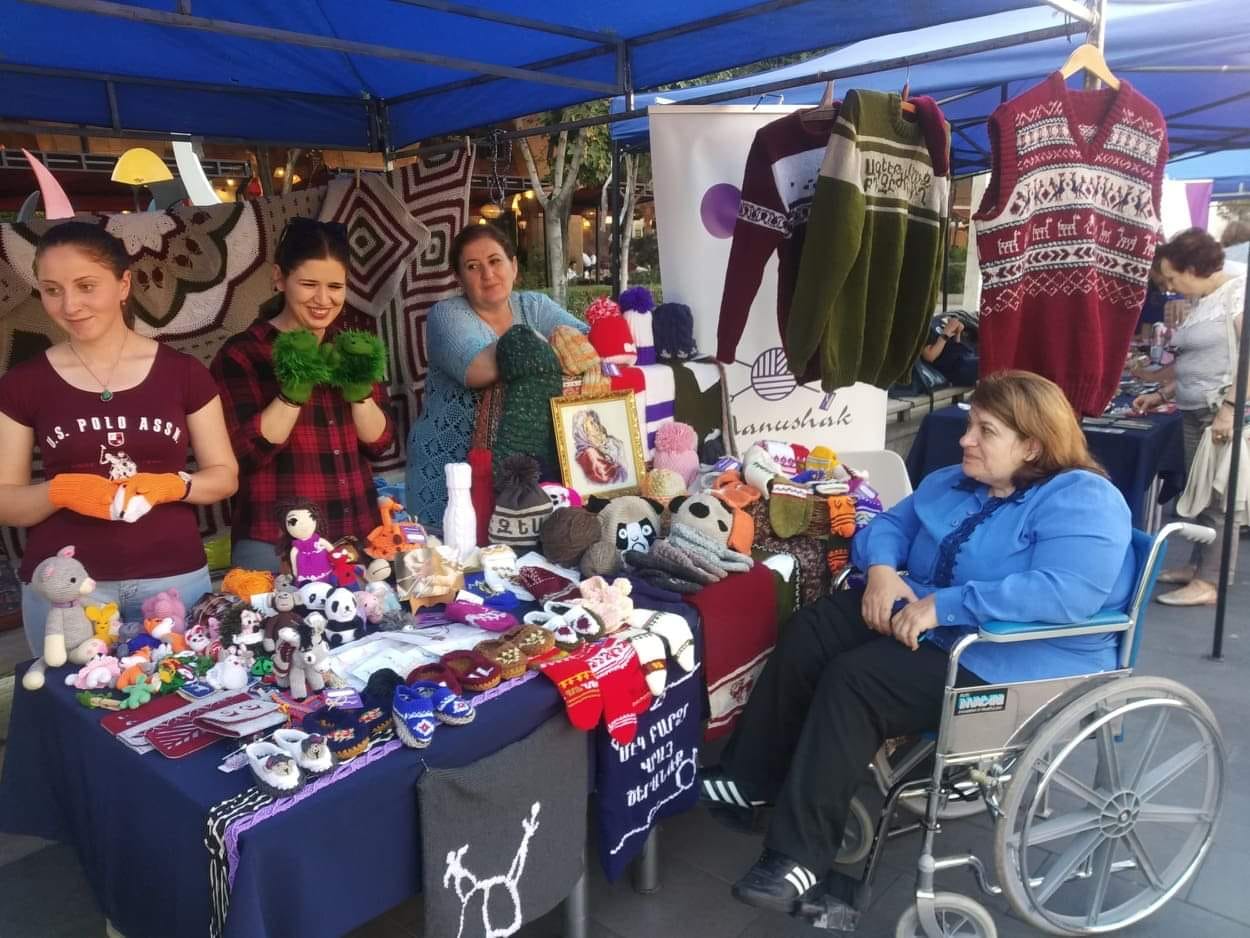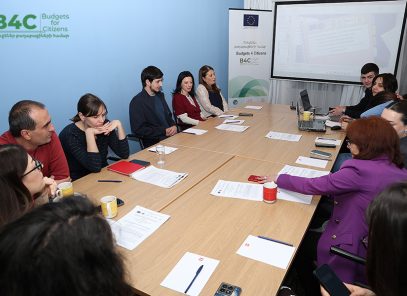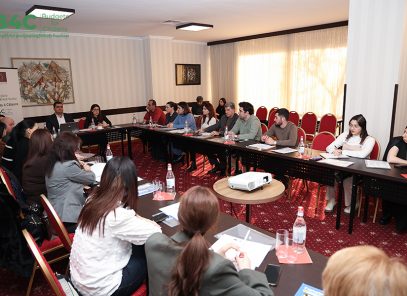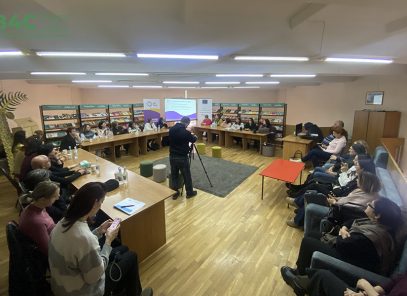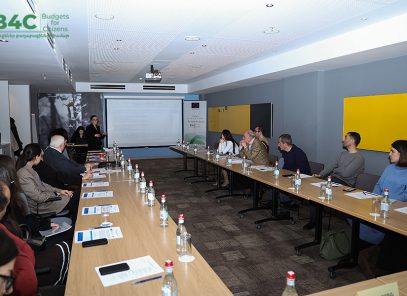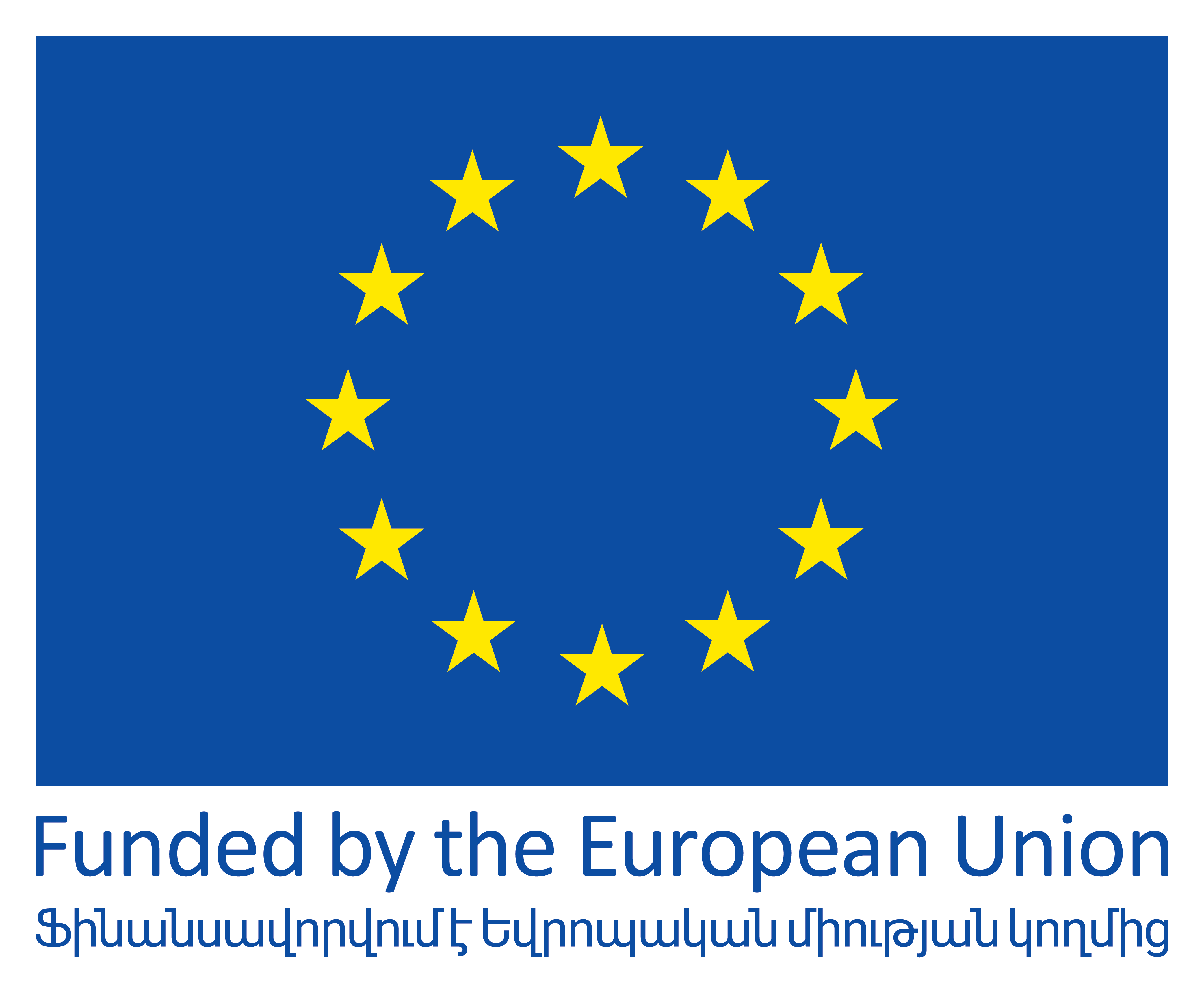People with limited mobility often turn down job offers due to physical discomfort in the workplace and the lack of adapted transportation.
Thus, during 2024, the regular monitoring conducted by the Human Rights Defender showed that issues related to ensuring the accessibility of residential, public, industrial and other operational buildings and structures, including newly constructed and reconstructed buildings and structures, vehicles, bus stops, etc., continue to be relevant.
“It is a matter of serious concern that problems related to compliance with accessibility standards in newly constructed and reconstructed buildings and structures continue to be recorded,” the Annual Report of the Human Rights Defender on the State of Protection of Human Rights and Freedoms in 2024 was published.
https://ombuds.am/…/4d1335361f1f7e9fbcc1cfc10679701e.pdf
The Human Rights Defender also recorded problems with ensuring accessibility to means of transport.
Throughout 2024, previously identified legislative issues remained unresolved, such as those related to the requirements for holding tenders for regular routes between settlements of inter-district, intra-district, and multi-residential significance, which stipulate that organizations may participate in the tender only if they provide accessible or adapted buses in a volume of at least 10 percent of the total number of routes. It is of great concern that, according to information from the Ministry of Territorial Administration and Infrastructure of the Republic of Armenia, in 2024 the Shirak region of the Republic of Armenia purchased 10 buses under a subsidy that are not accessible to persons with disabilities program. In 2024, the city of Gyumri purchased 23 minibuses, 5 of which are adapted for persons with disabilities, and so on.
Moreover, monitoring of the Human Rights Defender shows that there are problems related to ensuring accessibility even in the case of buses that are considered accessible to persons with disabilities.For example, monitoring of intra-municipal buses in Gyumri revealed that a bus considered accessible to people with disabilities is, in practice, inaccessible, for example, to a person with visual impairments; the section designated for wheelchairs is too small to guarantee accessibility for a person using a wheelchair, etc.,” the report of the Human Rights Defender states.
https://ombuds.am/…/4d1335361f1f7e9fbcc1cfc10679701e.pdf
“There is no discriminatory attitude towards people with disabilities, however…,” individual entrepreneur.
Individual entrepreneur Armine Hovhannisyan has been engaged in commercial activities for about 10 years.According to her people with disabilities also wanted to work at the store, but they turned down due to a lack of transportation and the inaccessibility of the premises. “One of them wanted to work as a cashier, the other as a salesperson. Both were disabled, had physical problems, and lived in poor social conditions. They had no convenient way to get from the village to the city or back, and in addition, our conditions were not suitable for them. And they had to refuse. “As an employer, I cannot solve the transportation problem, but creating an accessible environment requires financial resources,” the entrepreneur says, emphasizing that there is no discrimination towards people with disabilities. “However, due to the unequal conditions created, people with disabilities cannot function and work fully. This issue must be addressed by the Government. “The private sector can only pay taxes to implement these state programs,” A. Hovhannisyan concludes.
Getting to work is a major challenge.
Manushak Nersisyan lives in the rural settlement of Gogovit in the Shirak region. She has mobility problems and uses a wheelchair. She says she has been unable to get to work due to the lack of transportation in the village. “Taxis are not adapted, and they charge double the price,” she says.
Nersisyan adds that even if employers offer her a remote work, she still will not be able to do it because she lacks the technical means, particularly a computer, in addition, she lacks the necessary qualifications or some vacancies.
Once, when I was on a cane I attended a job fair. The venue was not accessible because the steps were too high,” she says.
Ms. Manushak believes that the government needs to implement a comprehensive and coordinated program to ensure equal opportunities for people with disabilities.
“Today, it’s important for me to have a personal assistant… to avoid unequal working conditions and problems, I became an individual entrepreneur and run my own business,” she adds.
Personal assistant service remains inaccessible to many.
Starting 1 January, 2024, the state will provide people with disabilities with a personal assistant service, the purpose of which is to help them live independently and be included in their community, and to eliminate their isolation.
The service is provided to persons over the age of 15 with profound or severe functional limitations (also in the case of persons with moderate mental disorders) due to motor, vision, and mental health or intellectual disabilities. Given that the program is aimed at the social inclusion of people with disabilities, their education, and the realization of their rights to work, people with disabilities over the age of 15 who are working or studying, or who provide written confirmation that they will begin working or studying within the next three months, will be able to participate in the program.
The personal assistant service includes both care for the beneficiary and activities aimed at overcoming environmental barriers (including mobility and communication). Any adult person (and, based on the results of discussion at a Government meeting, also a family member) who has a certificate confirming that he or she has the necessary knowledge and skills, can be a personal assistant.
To register as an assistant, citizens undergo training and, based on testing results, receive a certificate certifying the right to provide personal assistant services.
The maximum hours of personal assistant service are also set: 140 hours per month for a person with profound functional limitations, 120 hours per month for a person with severe functional limitations, and 100 hours per month for a person with moderate functional limitations. The cost of 1 hour of service is 1050 AMD, including taxes.
Photo: from Manushak Nersisyan’s Facebook page
This publication has been developed with the financial support of the European Union within the framework of a sub-grant provided under the “Budgets for Citizens” action implemented by the Armenian Lawyers’ Association, in cooperation with partners “Economic Development and Research Center” (EDRC) NGO and “Agora Central Europe” NGO (Czech Republic). It has been implemented by “Lightning” Educational and Cultural Non-Governmental Organization NGO within the framework of the “Equal Conditions in the Workplace and in the Labor Market” project. The “Lightning” Educational and Cultural Non-Governmental Organization NGO is responsible for the content, and it does not necessarily reflect the views of the European Union.

